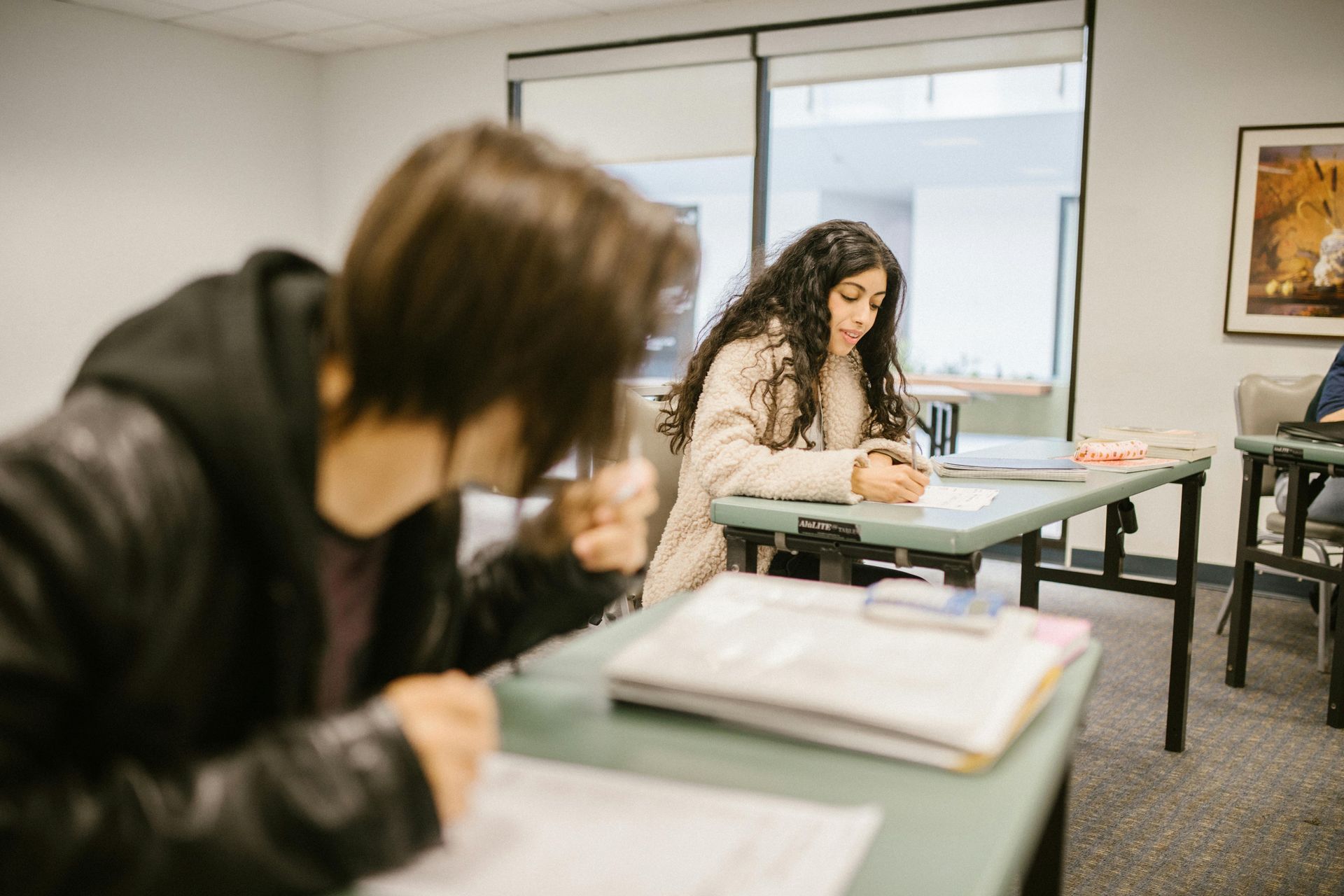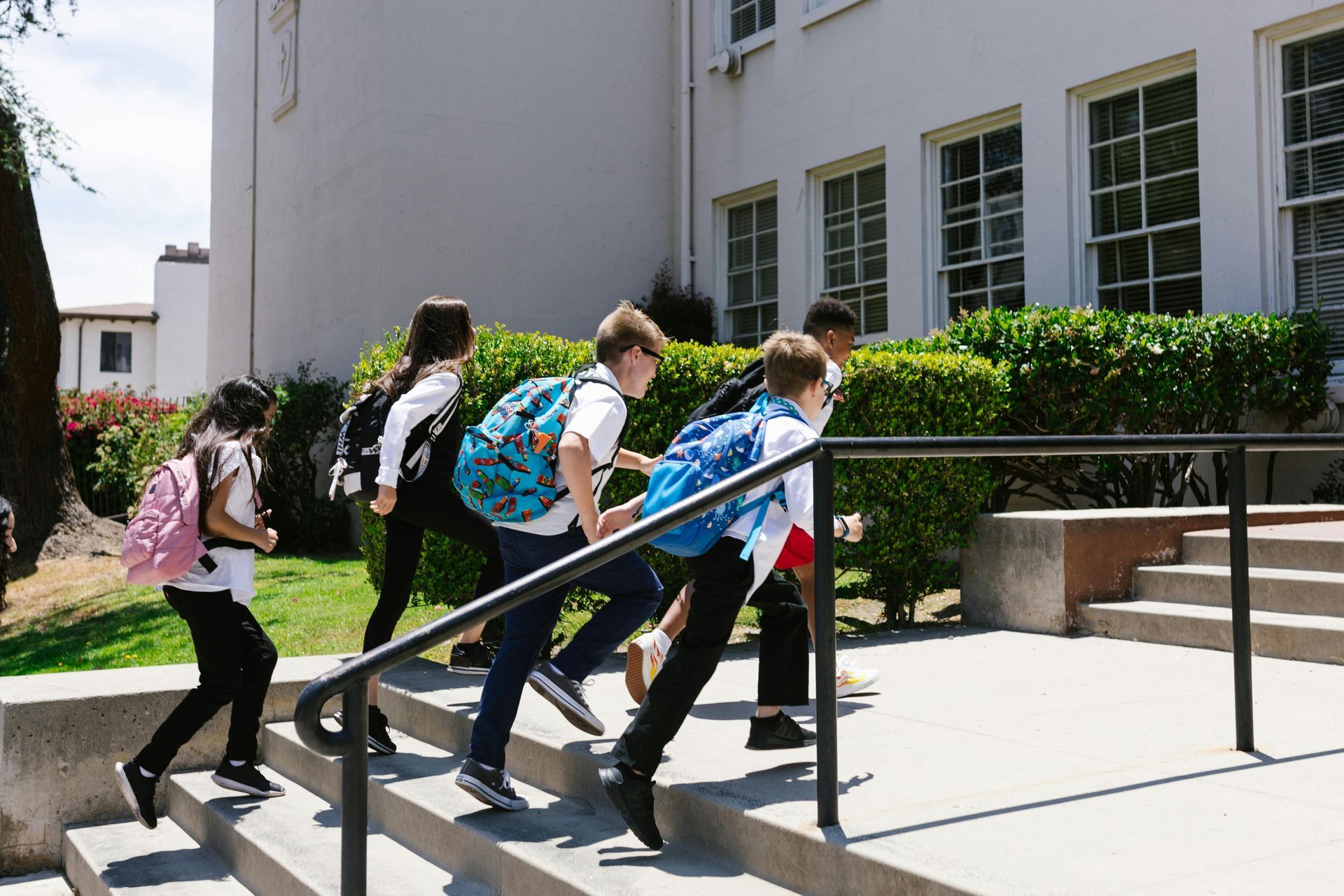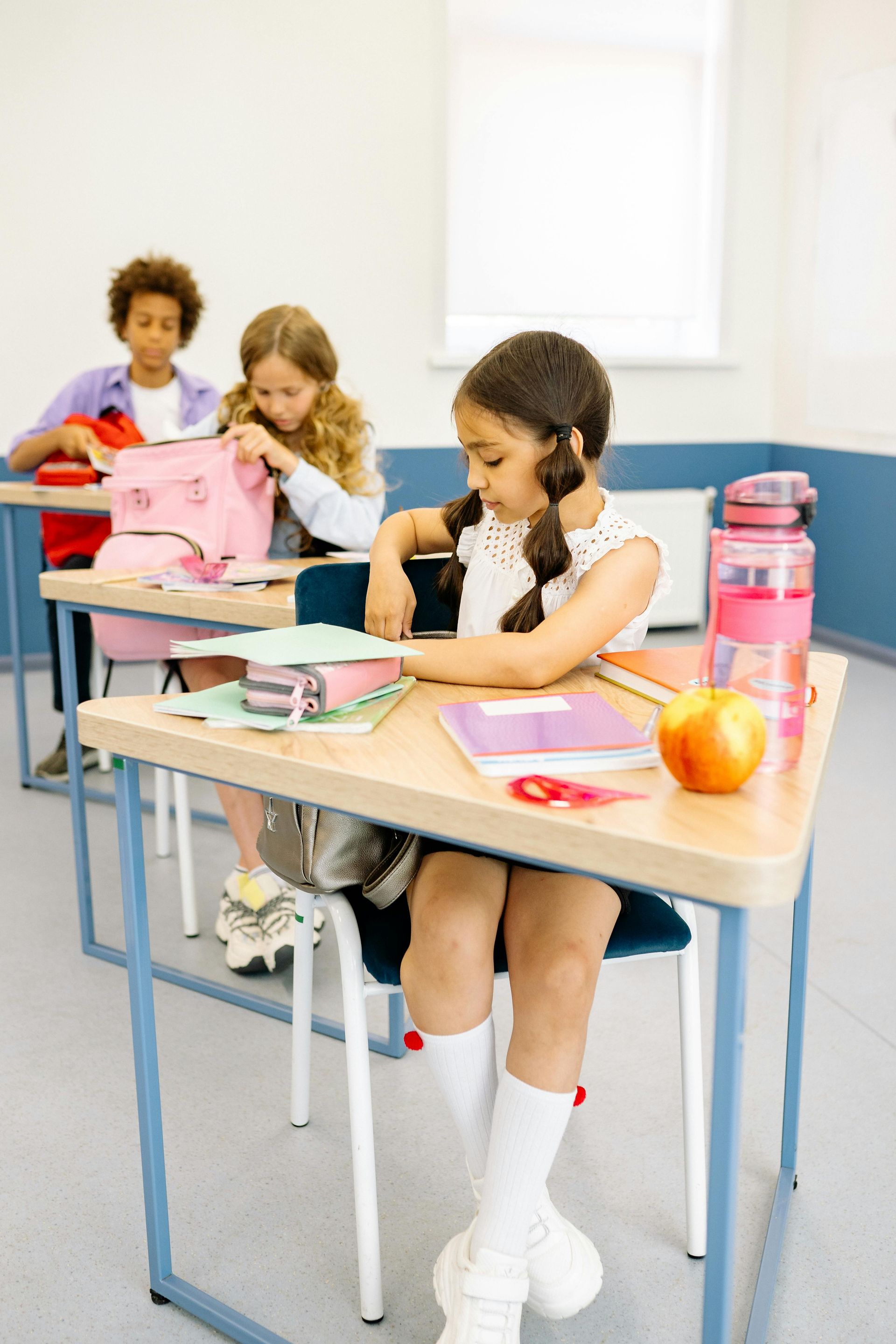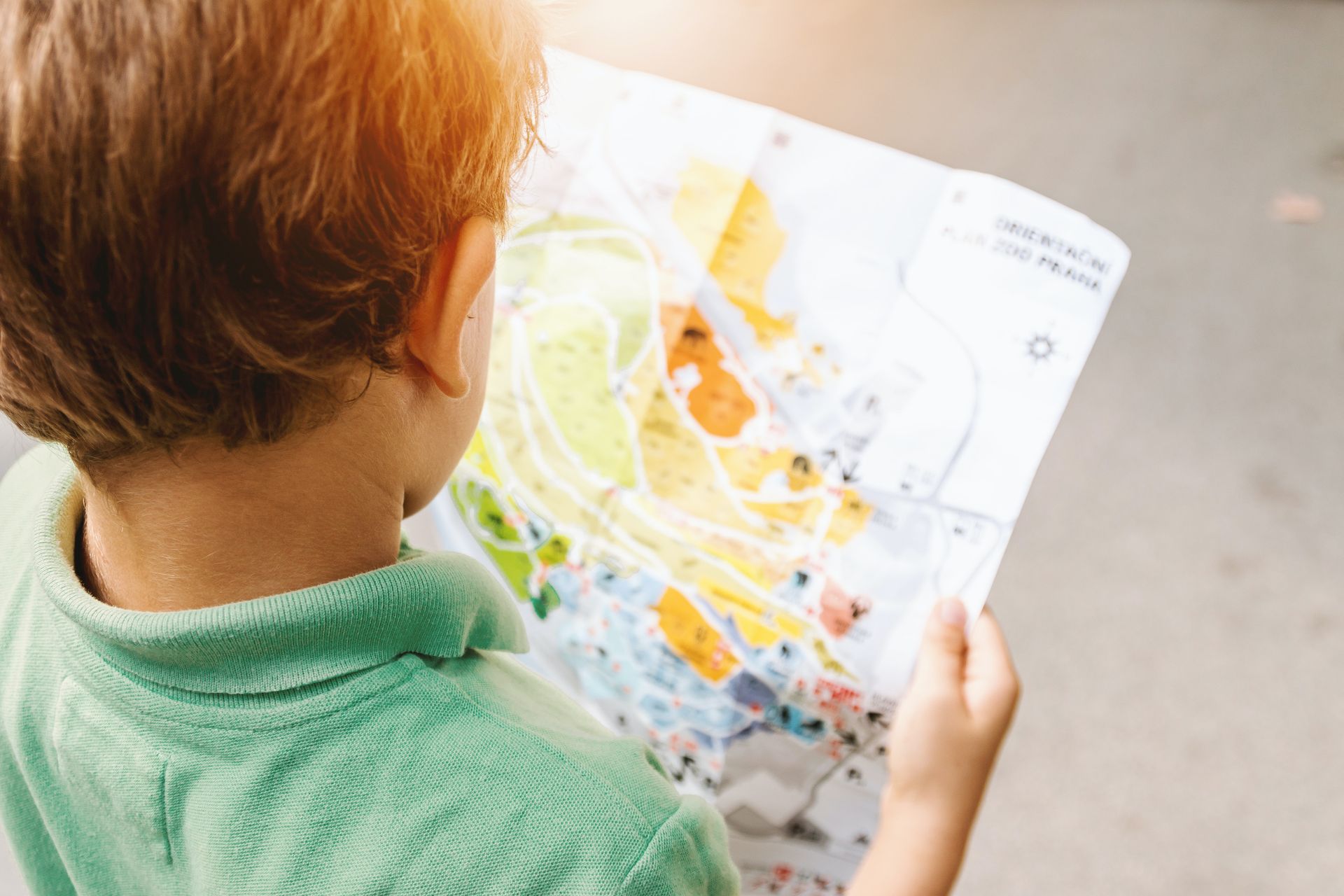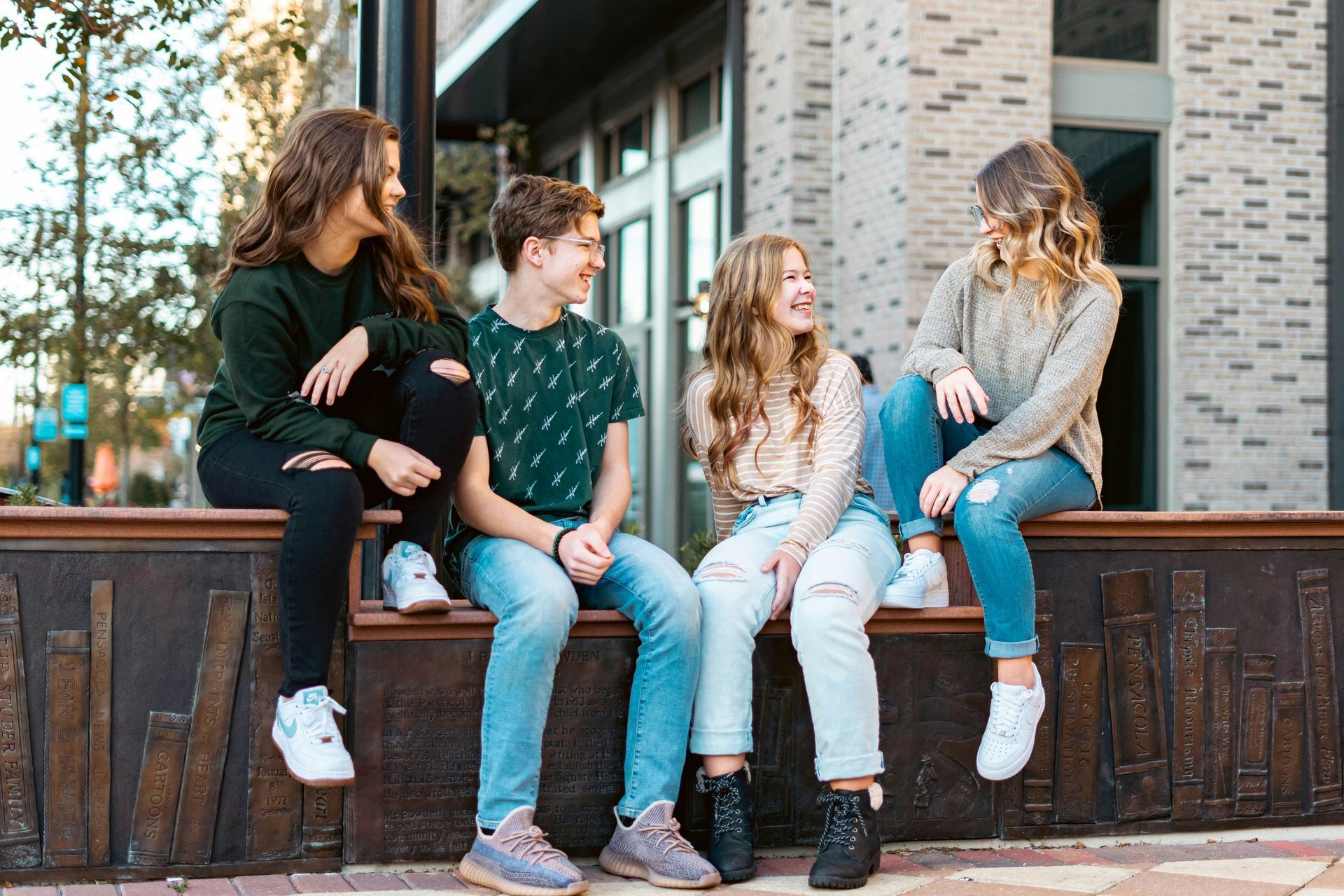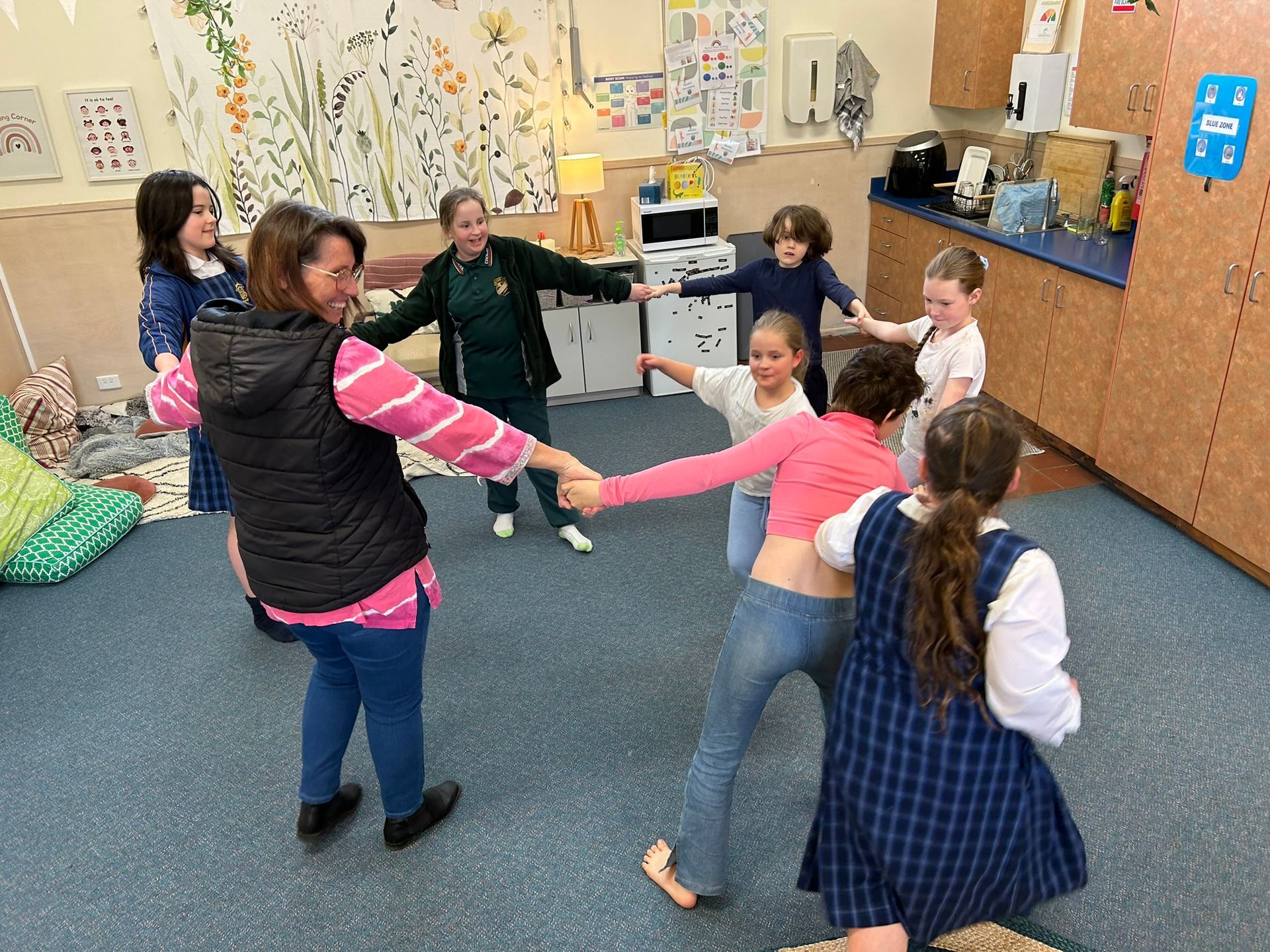'Self-Regulation' vs 'Co-Regulation': A Real-Life Reflection
Recently, I had a series of exchanges that unsettled me. Whenever I interacted with this person, or thought about them, I noticed a shortening of breath, my heart palpitating and my thoughts focusing on the interactions I’d found unpleasant. I noticed feelings of worry and frustration.
As an adult, I was able to apply some ‘self-regulation’ strategies, such as noticing my internal body signals and identifying the trigger. I was able to apply mindfulness strategies and be aware in moments of uncertainty. I also used positive psychology techniques. However, I still needed co-regulating to help me through my problem. I called up a friend, we went for a long walk, and I nattered away about my issue. She didn’t give me answers or solve my problem. She was simply present, she listened, she told me how a similar thing had happened to her. My mind settled and later that night I found myself viewing the situation with greater perspective, and I was no longer upset. In essence, I was ‘regulated’.
This simple, real-life example of ‘regulation’ highlights its enduring, complex, and multi-tiered nature. Hopefully it also helps to identify how it can be unrealistic to expect children to ‘self-regulate’; particularly when grown adults (including those who explicitly teach ‘regulation’!) need co-regulating; and particularly when a child’s regulatory systems in the brain are a long way from being fully developed.
Of course, we want to aim towards our young people eventually learning ways to regulate with increasing independence, and even ‘self-regulate’ in the long term. However, it’s important to remember there are multiple steps to regulation, and that teaching and learning regulation skills together, also known as ‘co-regulating’ is OK; and in fact, vital.
If in doubt, think of your own experiences and times when you’ve needed co-regulating – not only as a child or teen, but as an adult. Most of us would be hard pressed to admit that we’re 100% ‘self-regulating’, 100% of the time. Therefore, let’s take this understanding and remember to co-regulate with our young ones as they learn to climb the steps towards ‘self-regulation’.

